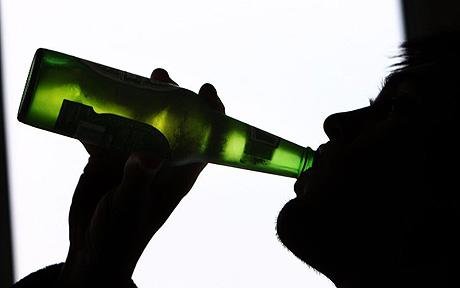
Dear Dr. Hurd:
I enjoy reading your posts. I’m curious about the rational use of alcohol.
I find that after a few drinks, many activities are more enjoyable such as mediocre/bad movies, actors whose political views I don’t share, and spending time with people who don’t share many similar interests. Even those activities I enjoy most are more pleasant after a drink or two.
I don’t consider myself an alcoholic insofar as I often don’t drink alcohol for weeks and never during my productive hours. I don’t drink enough to come anything close to a stupor and never engage in dangerous activities such as driving. I believe I’m generally happier after a drink or two mainly because the vast injustices in the world bother me much less and I focus on those simpler things that please me most.
My main concern is that I enjoy many activities more after a drink than sober—shouldn’t I be loving life as much as possible while sober?
I think this may be of general interest, so feel free to use it in your posts, and, of course, I’m interested in your professional thoughts on the subject.
Dr. Hurd replies:
Alcohol generally lowers inhibitions and constraints. There’s nothing inherently wrong with this, so long as you don’t lose control of your life because of it. Mental health professionals generally ‘draw the line’ not at the number of drinks so much as whether your alcohol use is interfering with your basic functioning, values and goals.
You ask if you should be loving life as much as possible while sober? Well, let’s take a look at some of your examples. You can enjoy a mediocre or bad movie only after a drink or two. Why is this? If you appraise the movie as mediocre or bad while sober, then what happens after a drink or two? Your standards relax. This is part of what it means to relax inhibitions.
Obviously, if it takes alcohol—even only a drink or two—to help you tolerate movies your otherwise would probably not watch, then this raises the question: Why not watch better movies? Or why not rewatch movies you know are good? Or, why not find something else to do with your time other than watch movies you don’t evaluate as very worthwhile? The same idea applies to people with whom you have little in common.
You seem to sense the contradiction here. It’s as if you’re wasting some of your valuable time, and naturally you don’t like this fact. Yet you don’t abuse alcohol by any conventional or objective standard, as you say. But, in a way, you are abusing alcohol in that you’re possibly using it to make less wise use of your time than you otherwise would.
What is the purpose of alcohol use (as opposed to abuse)? One answer might be: to relax inhibitions and put your mind at ease, so you can better refuel. In that context, alcohol use is probably fine, and even an added value to the life experience. Yet if alcohol use is enabling you not to think—to distort reality so you can then act in counterproductive ways—then alcohol is, to that extent, being abused.
I think you’re asking the wrong question here. The question you ask is, ‘Shouldn’t I enjoy these things while sober?’ Well, you cannot enjoy things you dislike while sober, because you’d have to lie to yourself. This suggests the real question: ‘If I must get partially intoxicated in order to tolerate or enjoy certain things, then why am I engaged in those activities in the first place?’
It’s one of those questions that answers itself.
Be sure to “friend” Dr. Hurd on Facebook. Search under “Michael Hurd” (Rehoboth Beach DE). Get up-to-the-minute postings, recommended articles and links, and engage in back-and-forth discussion with Dr. Hurd on topics of interest.
